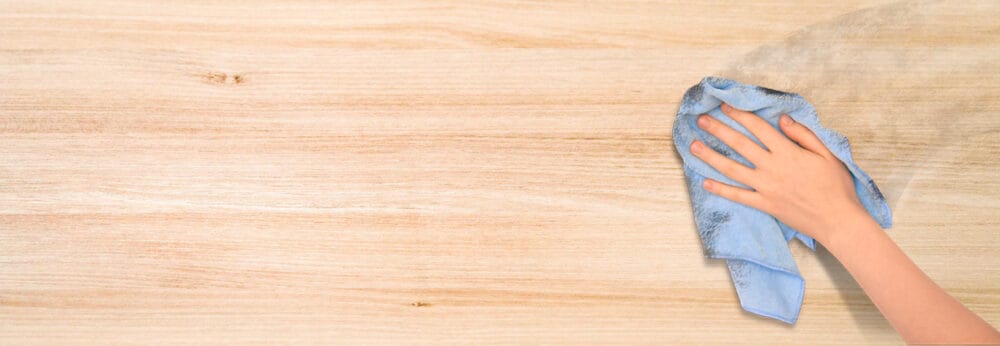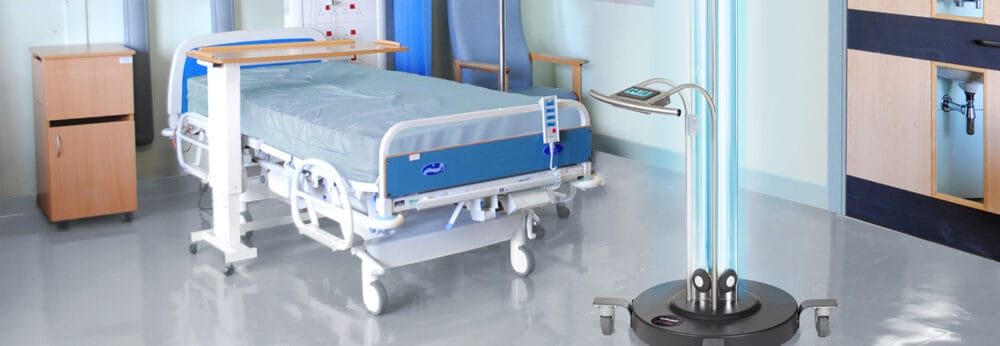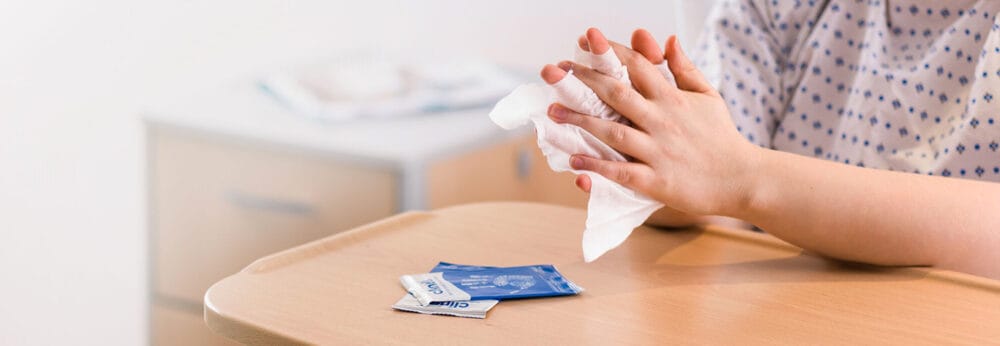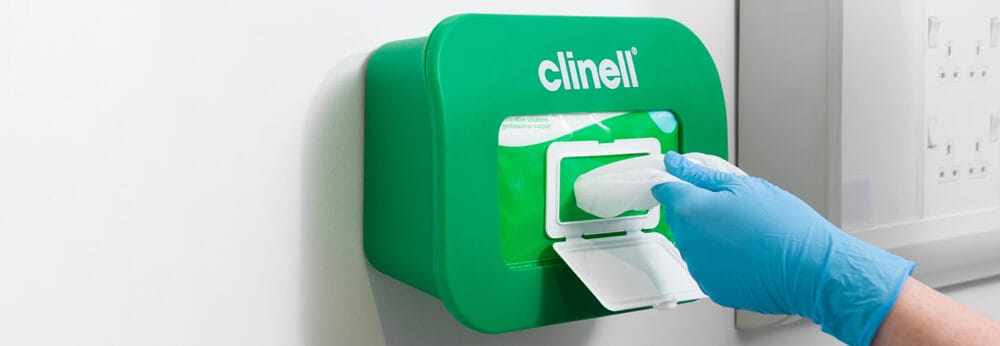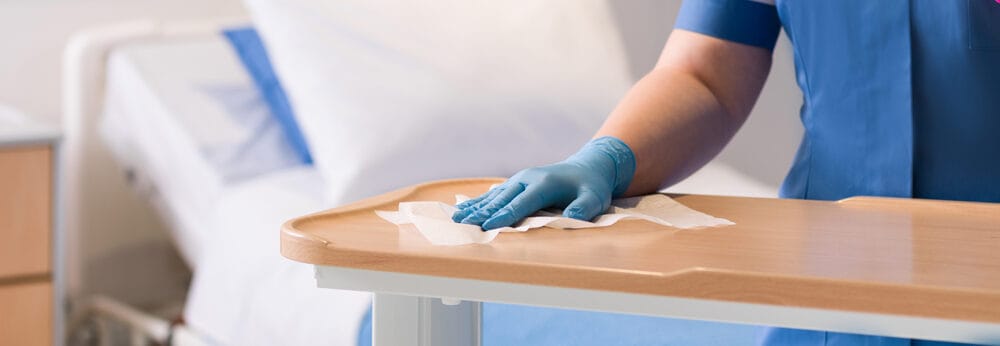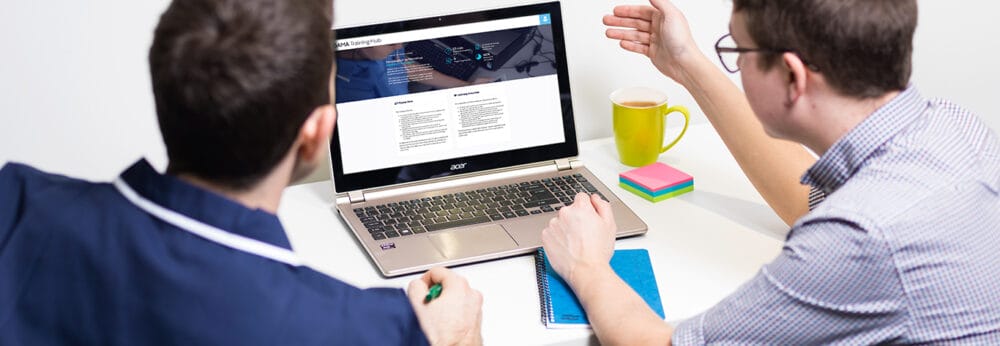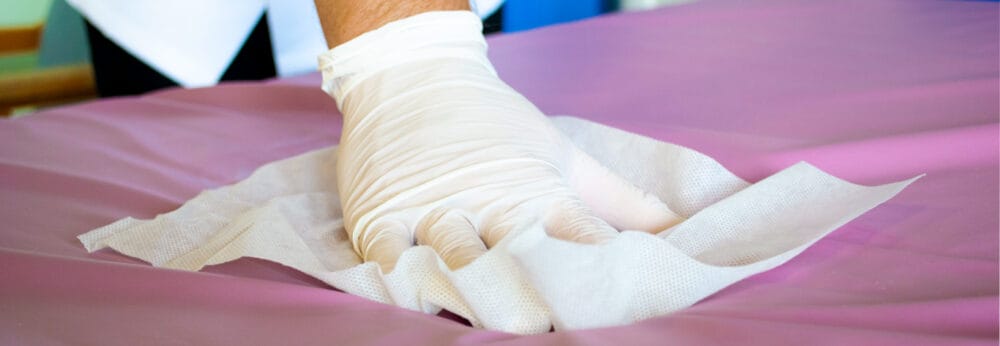Posts Tagged ‘Acute Healthcare’
Microfibre and water isn’t magical
There’s a word on the street that microfibre combined with water is suitable for all cleaning challenges. But a study from Prof Jean-Yves Maillard’s lab in Cardiff suggests that water and microfibre alone achieves only a moderate removal of bacteria from surfaces and readily transfers bacteria between surfaces. Adding disinfectants to microfibre enhances their efficacy considerably. The…
Read MoreUV room disinfection system face-off
An important new US study has performed an epic head-to-head evaluation of 8 different UV-based room disinfection systems. Whilst there were some differences between the UVC-based systems, there was a stark difference between the efficacy of the 7 UVC systems and the one pulsed-xenon UV (PX-UV) system, with the PX-UV proving considerably less effective. UV systems are…
Read MoreCelebrating World Hand Hygiene Day
As we come towards 5th May, it’s time to celebrate global hand hygiene day! This year, the theme for the WHO’s campaign is ‘Clean care for all – it’s in your hands’. The WHO team in Geneva have published editorials in a range of journals (including one here in Infection Control and Hospital Epidemiology) outlining the details…
Read MoreClinell Dispensers endorsed by IPS Industry Insights!
We are proud to have our Clinell Wipe Dispensers chosen to be featured by Industry Insights! This initiative, led by The Infection Prevention Society, aims to bring light to products or technologies which are truly effective in reducing the risk of infection. After an extensive review from highly experienced IPS members, the Clinell Dispenser Range…
Read MoreInterviews with our scholarship recipients
Nicola and Sarah are two exceptional nurses who are receiving our GAMA Infection Prevention Scholarship. We’re providing a full scholarship, covering all tuition fees, for them to each study a Postgraduate Diploma in Advanced Practice with focus on Infection Prevention. We caught up with both of them shortly after they’d received the good news. Nicola…
Read MoreArguing for routine disinfection of the healthcare environment
A new review in the Journal of Infection Prevention by Dr Evonne Curran and colleagues sets out the arguments for and against the routine use of disinfectants in the healthcare environment. The review dispels some of the common arguments used against the routine use of disinfectants in the healthcare environment, and presents a novel risk-based…
Read MoreThe risk of keyboard contamination
Computer keyboards are a potential contamination risk in the hospital setting. A new systematic review of the literature concludes that computer keyboards are frequently contaminated and that more studies are required to understand the risk they pose and effective and practical methods to prevent and reduce contamination. Computer equipment in hospital settings, such as keyboards, mice, and…
Read MoreReducing HCAI through improved training and education
A new randomised controlled intervention study published in the Lancet Infectious Diseases by Professor Brett Mitchell and a group of Australia researchers reports that introducing an environmental cleaning bundle reduced the rate of HCAI. A new randomised controlled intervention study published in the Lancet Infectious Diseases by Professor Brett Mitchell and a group of Australia researchers reports…
Read MoreFour steps to clean hospitals
Drs Stephanie Dancer and Alex Kramer, two of the biggest names in hospital cleaning and disinfection, have joined forces to write a review in the Journal of Hospital Infection, setting out four steps to clean hospitals. First LOOK, then PLAN, next CLEAN, and finally DRY. The authors identified a gap in the literature: no articles offer a…
Read MoreNew insights into C. difficile transmission
A review paper published in Clinical Microbiology and Infection discusses current trends in our understanding of C. difficile transmission. How much C. difficile infection we see is as a result of transmission within hospitals. How much is explained by acquisition of C. difficile prior to hospitalisation? Evidence is emerging and difficult to interpret, but it seems that more C. difficile infection that we once thought…
Read More